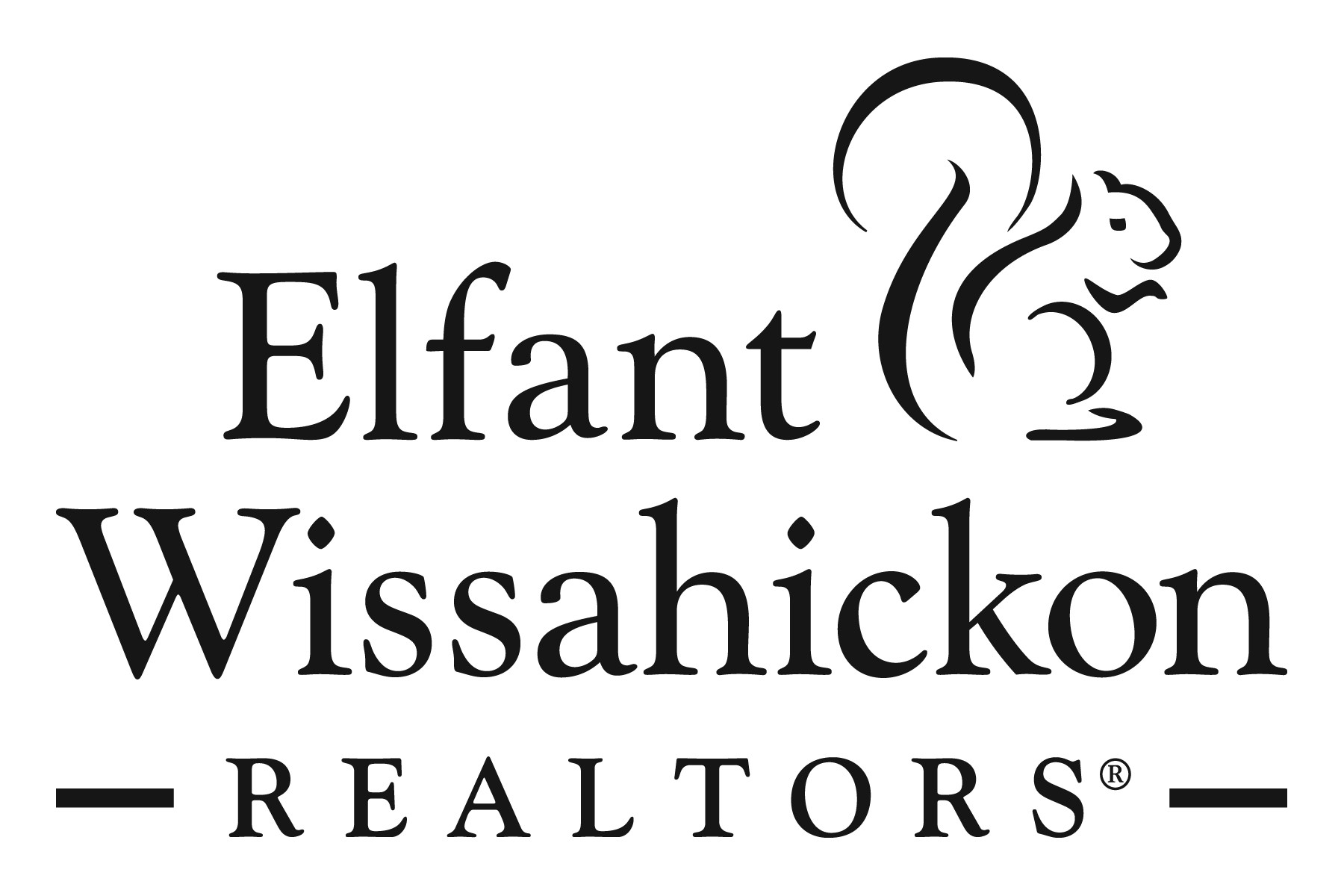Establishing the list price that will attract the most buyers at the best price is the first step in developing a marketing plan. You want your home at a listing price that is not too low or too high, but just right, based on numbers and facts. When a home is priced too low, you will not maximize your profit, and buyers may perceive that something is wrong with it. However, if the price is too high, buyers may avoid viewing your home because it’s not in their price range. Interestingly enough, asking too much might ultimately be more costly than asking too little for a property. Overpricing your home is one of the first big mistakes you can make; it will increase your number of days on the market, and buyers look at this.

I prepare a Comparative Market Analysis by analyzing the prices of homes that have recently sold and that are similar to yours in size, features, and location. A review of homes that are currently listed for sale will help to assess the competition. My knowledge of current trends in the market is the final determinant of your home’s listing price. I also will create an automated email alert for similar listing coming on the market so we can stay up to date on any new competition for your buyer’s attention. I always educate my sellers on the need to stay up to date on issues or situations unique to your home that could help it sell.
Several factors go into establishing the selling price of your home:
- Location, Location, Location. This familiar adage is well known for a reason. The location of your home is the foremost contributing factor in its pricing. A small house in a desirable, high-demand area may sell for more than a larger home with more features in a less sought after area. Convenience to schools, town centers, retail spaces, and recreation, for example, may affect the final selling price of your home.
- Condition. The condition of your home is critical in determining the price. A well-maintained, clean house will present better than one with much-needed outstanding repairs. Curb appeal, or a buyer’s first impression of your home’s exterior and landscaping, may determine whether or not a showing is successful.
- Amenities. A home that has features that are sought after in your area will dictate a higher price.
- Price Per Square Foot. The average price per square foot may be taken into consideration when pricing a home, but it is not a sure-fire method.
- Home Warranty. A Home Protection Plan that protects a buyer during the first year of homeownership may add salability to your home. (This is optional, sometimes comes up during the negotiation.)
Pricing Your House Right Is Crucial Even in a Sellers’ Market
The price you set for your house sends a message to potential buyers. Price it too low and you might raise questions about your home’s condition or lead buyers to assume something is wrong with the property. Not to mention, you could leave money on the table, which decreases your future buying power if you undervalue your house.
On the other hand, price it too high and you run the risk of deterring buyers. When that happens, you may have to do a price drop to try to re-ignite interest in your house when it sits on the market for a while. But be aware that a price drop can be seen as a red flag for some buyers who will wonder why the price was reduced and what that means about the home.
In other words, think of pricing your home as a target. Your goal is to aim directly for the center – not too high, not too low, but right at market value. Pricing your house fairly based on market conditions increases the chance you’ll have more buyers who are interested in purchasing it. That makes it more likely you’ll see a bidding war, too. And when a bidding war happens, you’ll likely get an even higher final sale price. Plus, when homes are priced right, they tend to sell quickly.
To get a look into the potential downsides of over or underpricing your house and the perks that come with pricing it at market value, see the chart below:
There are several factors that go into pricing your house and balancing them is the key. That’s why it’s important to lean on an expert real estate advisor when you’re ready to move. A local real estate advisor is knowledgeable about:
- The value of homes in your neighborhood
- The current demand for houses in today’s market
- The condition of your house and how it affects the value
I will balance these factors to make sure the price of your house makes the best first impression and gives you the greatest return on your investment in the end.
Bottom Line
Even in a sellers’ market, pricing your house right is critical. Don’t rely on guesswork. Let’s connect to make sure your house is perfectly priced.
